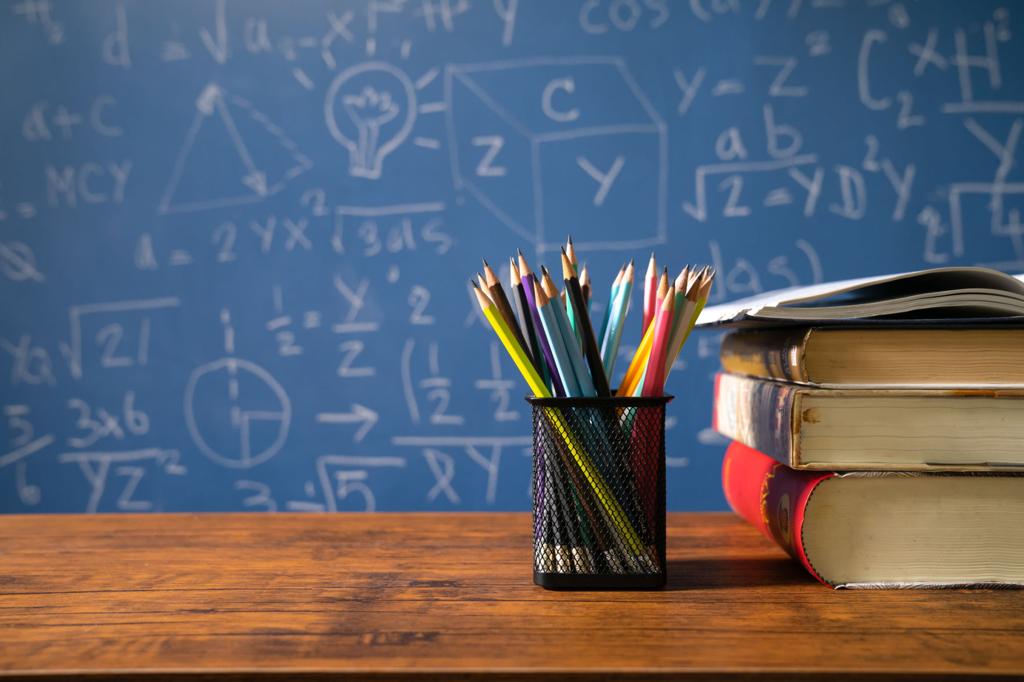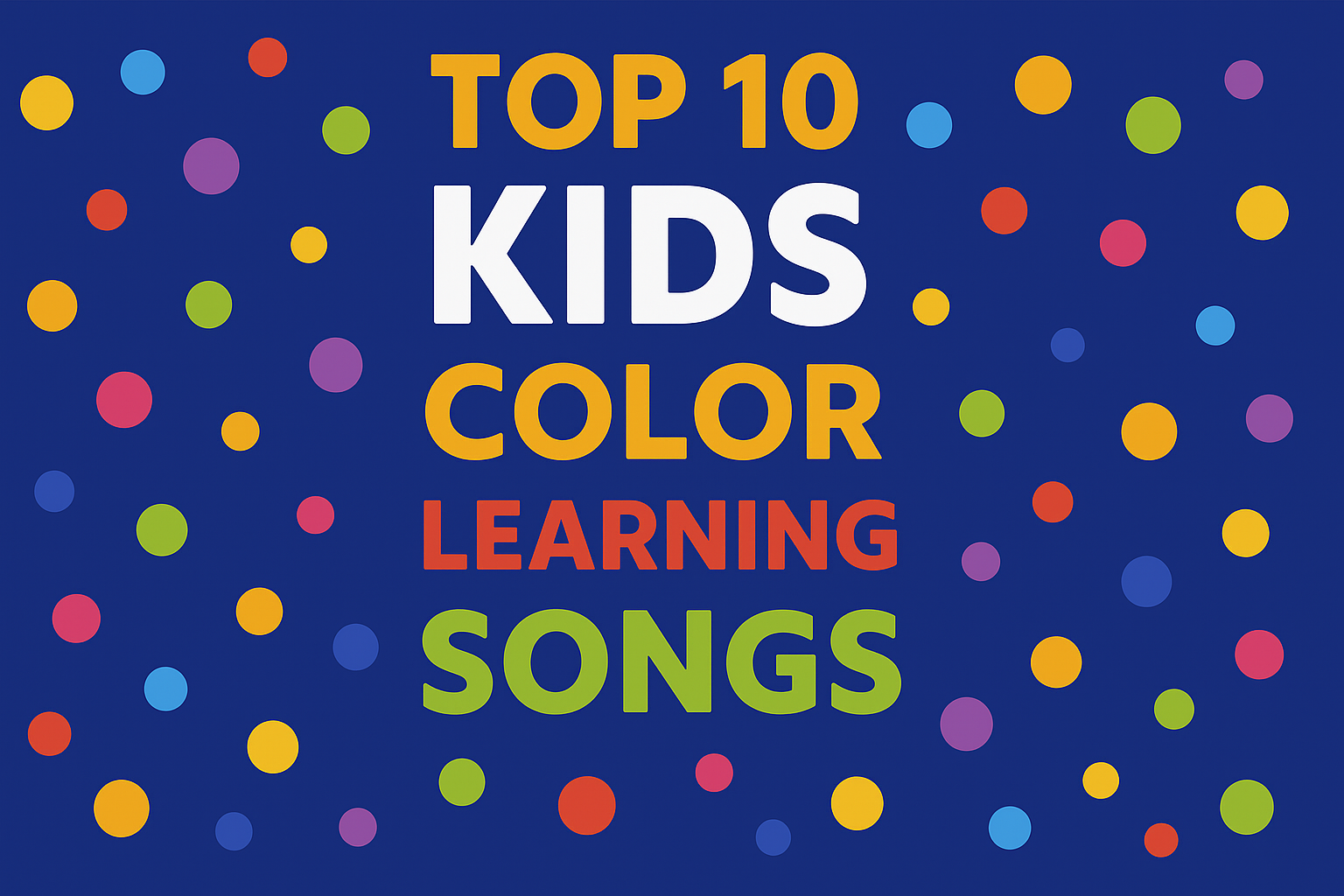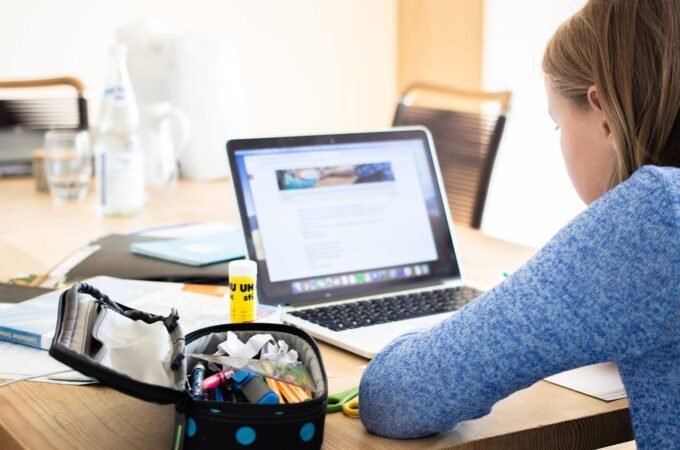
Schools in France
School education in France is considered one of the best in the European Union. Best private schools in France traditionally provide high-quality education and are popular with foreign students from all over the world. Choosing the best high schools in France, many parents expect to significantly shorten the path of their child to a French university. As with any country, best private high schools in France are worth checking carefully before making a final decision.
Schedule at best private schools in France
At private schools in France children study from 6 to 16 years old. The school in France is mixed, that is, boys and girls study in the same groups. Public education is provided free of charge. Each parent has the opportunity to send a child to a non-state fee-paying school.
On average, the academic year in France begins in early September. Some schools, especially private high schools, may postpone the start of classes.
Many secondary schools in France are closed on Wednesdays, Saturdays and Sundays. Some teach lessons on a five-day or six-day basis. Most often, the schedule is influenced by the region where a school is located.
Classes at the best high schools in France usually take 24 hours per week. As a rule, lessons start at 8.30 am. Studies may end at different times, depending on the number of studying days, but no later than 16.30.
The lunch break usually lasts one and a half or two hours. Thus, children have a choice: eat lunch in the school cafeteria or go home.

What programs are studied at the best private high schools in France?
According to the features of studying, private schools in France are divided into two types:
- Working under state educational programs. These schools conclude a special contract with the State and receive budgetary subsidies. Children study here in the same way as in public schools. In French, such educational institutions are called ecole sous contrat d’association.
- Schools that are not contractually bound by the government. In French it sounds like “ecole libre”, which means “free school”. Schools can change the program at their discretion, for example, supplement it with any subjects, independently choose textbooks and the sequence of studying topics. Despite the fact that the state does not regulate the curriculum of such schools, it controls them through compulsory licensing, so there is no need to fear for the quality of the knowledge delivered.
Bilingual and international schools belong to the second type. Such schools are popular among those who are interested in obtaining secondary education in France. Children are taught there in two languages - most often French and English, but you can find other options: for example, German, Spanish and even Japanese. The degree of bilingualism is determined by the age of the students and the peculiarities of the teaching methodology. This could be one or two subjects that are not taught in French, or a curriculum that is almost entirely in English or another language. For foreign students, studying at such a school gives a special advantage – a high level of proficiency in at least two foreign languages.
Bilingual private schools in France often provide the International Baccalaureate program. Students who successfully pass exams after studying in this program have the same eligibility for admission to a French university as those who studied in a French baccalaureate. This qualification is also accepted for admission to most European universities without additional exams. Best private high schools in France operate on British or American programs, preparing students for the GCSE and A-Level or SAT / ACT exams.

Private high schools in France for foreign students
Most of the private schools in France are boarding schools. Children from other countries are usually accepted for full boarding no earlier than 10 years old, so that it is easier for children to adapt to new conditions.
Some of the private boarding schools in France operate on a five-day week basis. In this case, the child spends five working days at school, and on weekends goes to a host family. This accommodation option allows one to get to know more about French culture, as well as improve French in everyday life.
Interesting facts about studying at best high schools in France
- The French believe that a full meal should last 2 hours. That is how much time is allotted for lunch in French private schools. The menu includes burgundy meat, mussels, fish with béchamel sauce, pasta bolognese, grilled vegetables, chicken sauté in curry sauce and much more. As a snack, children get a variety of salads, and sometimes very unusual dishes, such as peaches stuffed with tuna. For dessert, schoolchildren are offered tiramisu, flans, panna cotta, mousses, yoghurts, ice cream, and many different fruits. Meals for schoolchildren are served in a restaurant level. For example, vegetables on a plate are laid in an intricate order, taking into account color and size, and decorated with drops of sauce. Hot dishes of the school menu are repeated very rarely – no more than once a month, or even twice. But as a drink, children are offered only water. No juice, tea.
- In French schools, a twenty-point grading system is adopted. Achieving a score above 17 is not easy, and often requires doing more than is required.
- La vie scolaire. In addition to the teaching staff, each school has employees of La vie scolaire, “School life”, abbreviated as “visco”. Visco’s task is to resolve all issues not related to the educational process itself: monitor attendance and discipline, inform parents, resolve conflicts, organize extracurricular activities, be on duty at the entrance to the school grounds and in the cafeteria, find lost things, etc. So French teachers are spared all this hassle. La vie scolaire is a team of the same number of young men and women. Children joke with them, play and this makes the school atmosphere less formal.




